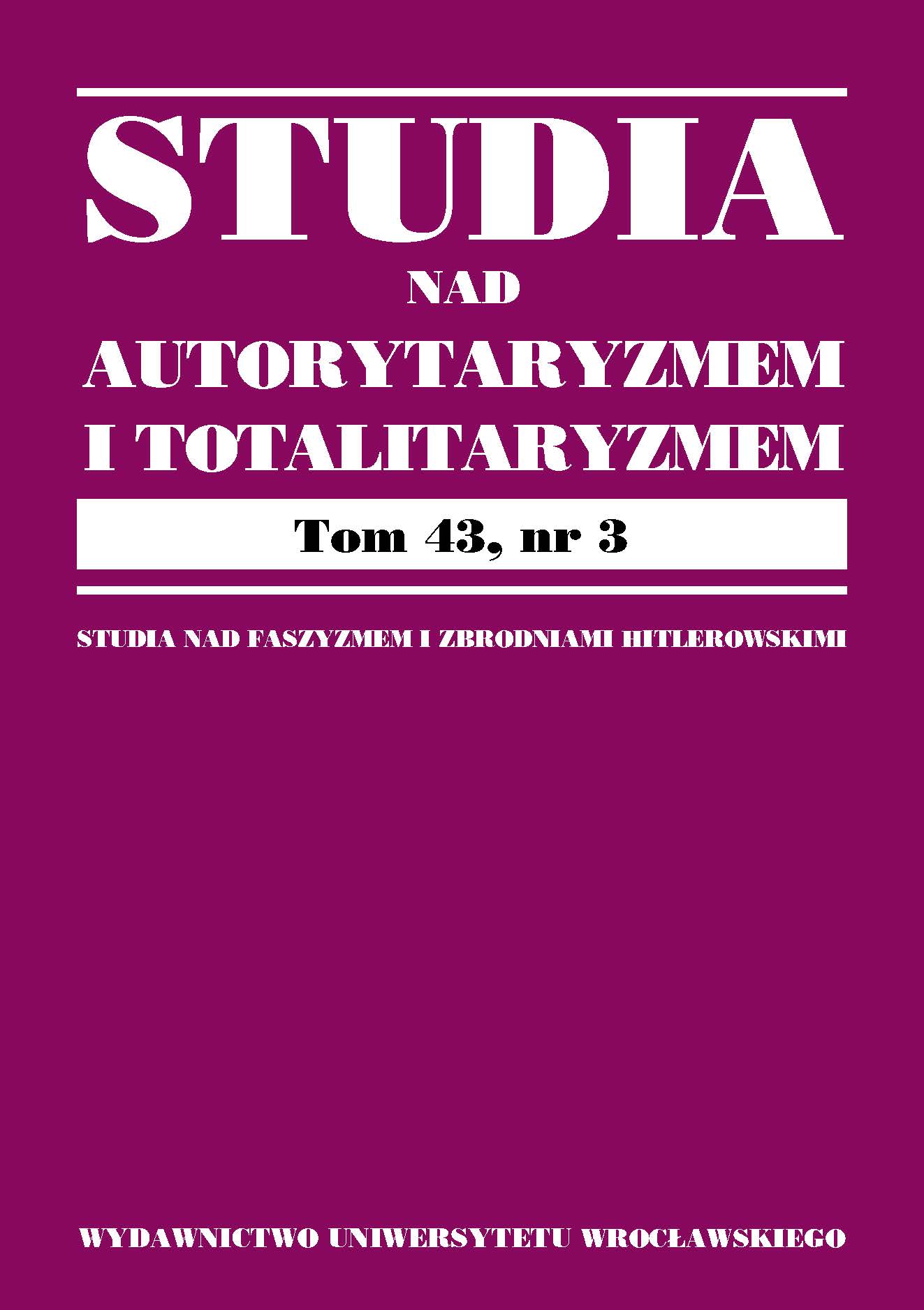

Artykuły

The introduction of social harmfulness (social danger) to Polish criminal law after the Second World War was politically motivated. For many, this circumstance was sufficient to formulate postulates about the necessity to remove this premise of criminal liability. Social harmfulness still remains controversial today. Before, criminal law was seen as a tool. Currently, it is to be an ultima ratio. It is clear that determining the essence of the crime and its nature, introducing into the law “what belongs to literature”, was necessary in the legal system of a totalitarian state, imposing its views and morals on society. In a legal system of a democratic state, a state ruled by law, a statutory ideological declaration regarding the essence of a crime seems redundant. However, changing the nomenclature is not enough here — there is a possibility of weakening the guaranteeing criminal law function. The social harmfulness premise contributes to the heterogeneity of jurisprudence, even in cases concerning serious crimes. The author is of the opinion that limiting the number of minor cases from the point of view of the state’s right to punish, which paralyzes the judiciary with their sheer number, should take place in a different way than introducing the social harmfulness of an act as a criterion determining the culpability. The currently adopted solution seems irrational and non-functional from the perspective of the legal certainty principle. A more appropriate move seems to be the assessing the advisability of prosecuting an act, i.e. by introducing and implementing the principle of opportunism in criminal proceedings.